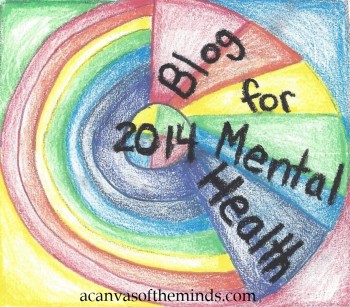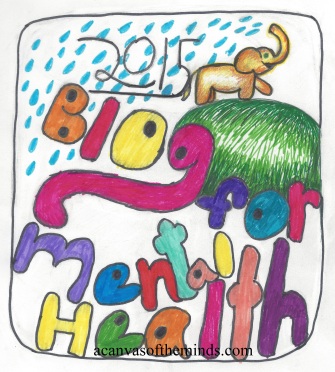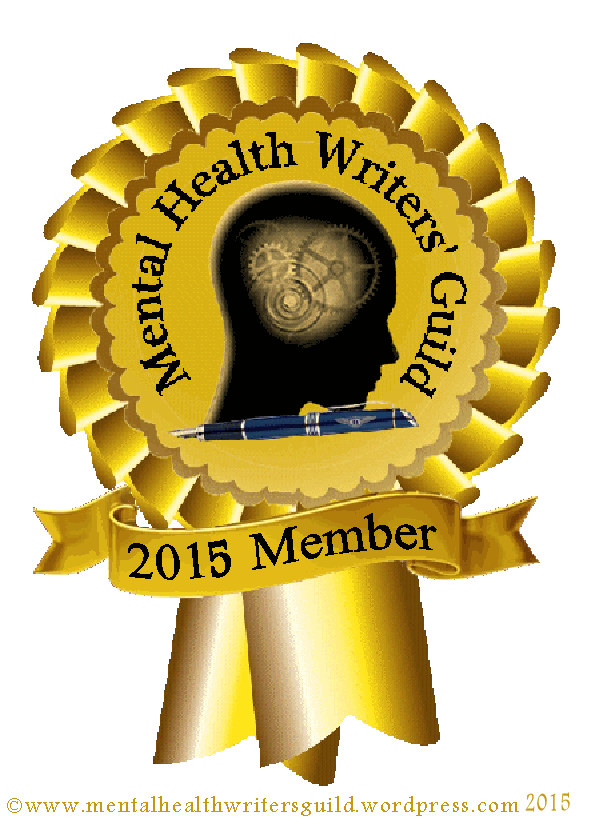
In case you were in suspense, my gallbladder surgery went well. I didn’t have to use any pain killers, which makes me feel tough. Like maybe I have a high tolerance for pain. Like I really am a warrior.
The problem is, trying to be tough is why it took me so long to realize I had an angry gallbladder. Over the last year, I’ve had 4 gallbladder attacks that lasted about 8 hours. At first I thought it must be Bob, because they usually happened on the first night we saw each other. But I didn’t break up with him or anything. The last one was so painful I thought dying might be a better alternative. I contacted my doctor the next day to ask about the most powerful drug I could take if it happened again, and he told me I was having gallbladder attacks. I was relieved that I was not being wimpy and was ready to get rid of that sucker as soon as possible.
My recovery went well. Except for not giving myself enough time to recover before I went back to work. Which, in retrospect, makes no sense to me at all. I really enjoy rest. I enjoy doing nothing. And that’s what I was supposed to be doing. But some tennis friends told me that it only took them a few days to recover, and I wanted to recover as fast as they did. So I only gave myself 5 days off instead of the recommended 2 weeks.
Five days was enough time for the physical pain to subside, but I was super tired no matter how much sleep I got. I could barely make it through a day of seeing clients. Which did not seem warrior-like. It turns out that the anesthesia can make you groggy for up to 2 weeks! Powerful stuff! And kind of scary. But I did feel less wimpy.
I told one of my tennis friends about my competitive approach to healing. She was actually one of the people I thought I was competing with. But it turns out her recovery wasn’t so speedy after all. She has played on my teams and knows all about my warriorism mentality in the face of competition, and she told me this was not the time to imagine that you are a soldier in the trenches of the jungles in Vietnam.
I guess recovery is more of a self-care thing rather than a competition. Funny I didn’t realize this earlier, because I talk about self-care all the time with clients. I’m just not so good at doing it myself.
I may have another surgery for my GERD. I’m still in the process of taking some tests. I’m actually hoping I do have surgery, because the problem I had originally sought help for is throwing up on the court and not being able to play tennis. While the gallbladder surgery has helped a lot with bloating, eating, and unbearable pain, it has not helped with coughing during physical activity.
I’ll let you know what happens. But rest assured, I will take the full 2 weeks of recovery time if I get the surgery. More time if I need to. And if you are one of the friends who checked on me repeatedly after my last surgery, for which I’m thankful, feel free to remind me to rest if I have surgery again.





 Last year I read a book called
Last year I read a book called 







